On Monday, the longest campaign in modern history will come to a close and if current polls are any indication, Canada may be seeing a change in government after 9 years of Conservative rule under the leadership of Stephen Harper. Accountability was his calling card in 2006 and today, accountability may very well be one of the defining reasons for his departure.
In its length, in its cost and in its debate schedule, this election is unusual. The first and possibly only real debate of the campaign ended and here are the highlights of what happened.
As we approach what could potentially be the longest and most expensive election in Canadian history, NDP Leader Thomas Mulcair has decided his political strategy must be a carbon copy of Harper’s.
With an election just months away, Prime Minister Stephen Harper has decided to abandon the traditional all-broadcasters debate hosted by the nation’s major broadcasters and for the first time will be streamed on YouTube, Facebook and Twitter. The Liberals, NDP, Green Party and Bloc Quebecois have all agreed to participate but the Conservatives refuse to even negotiate.
Conservative Finance Minister Joe Oliver delivered his first surplus budget to paint a rosy picture for the upcoming election. With a $1.4 billion surplus this year, and steadily growing over the next four, there is now room for new spending programs – or so it seems. The Conservatives have managed to create a budgetary illusion and with balanced budget legislation to take place in addition, it is time we look closer at the numbers. The surplus looks great on paper, but just how great is it?
The new year will be an election year, that may oddly enough, mirror the past. Prime Minister Stephen Harper can only look back to the glory days in 2006 as he fights for his political life after throwing his Reform principles under the bus upon creating the new Conservative Party that will have been in power for nine years come May.
The Conservatives successfully rammed their amended Fair Elections Act through the House of Commons today by a vote of 146 to 123. The election reforms are set to make voting more difficult in 2015, requiring voters show a photo ID containing an address (which is limited in scope). Bill C23, as initially introduced seemed to be an attempt to rig the next election but while some of the more radical changes have been crossed out, the alarm bells ring at the nature of the amended legislation and the motives behind it.
The Conservatives’ Fair Elections Act defies reason and defies advice from electoral experts. The only people supporting Bill 23 are a small number of Conservative insiders whom revolve around the increasingly secluded world of Democratic Reform Minister Pierre Poilievre and Prime Minister Stephen Harper. With such an outstanding rejection to such illogical policy, one must wonder what motive lies behind the stubborn push to get it passed.
A majority of Canadians (62% according to a recent Angus Reid poll) rightfully believe the recent Fair Elections Act proposal shows “the Conservative government is motivated politically and dislikes Elections Canada.”
A party that is divided and in turmoil is perceived as unfit to run a government. Hence why the Conservative Party wanted to try to reignite old divisions in a strengthening foe next week – only to find out they were throwing rocks in a glass house.


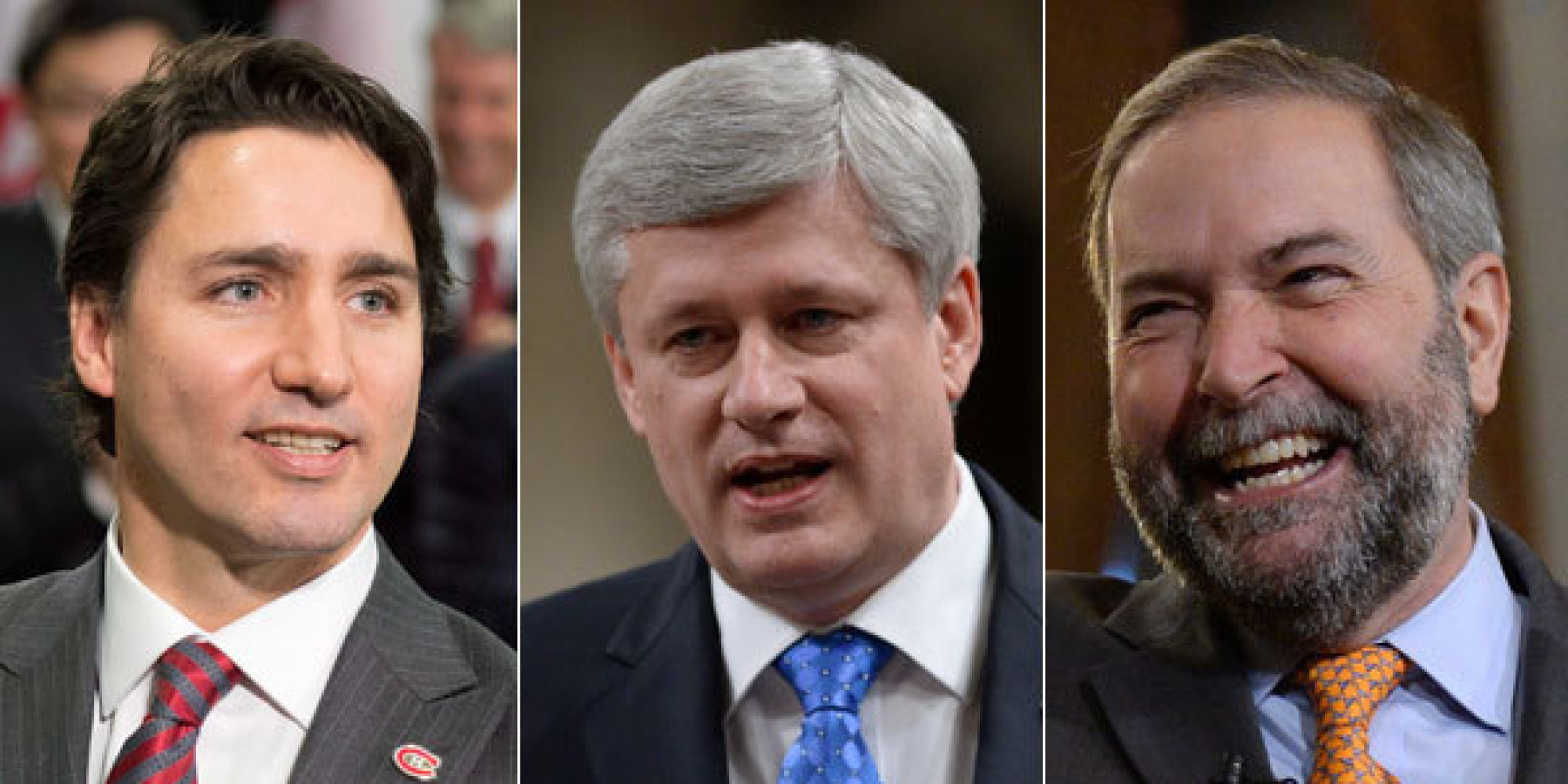
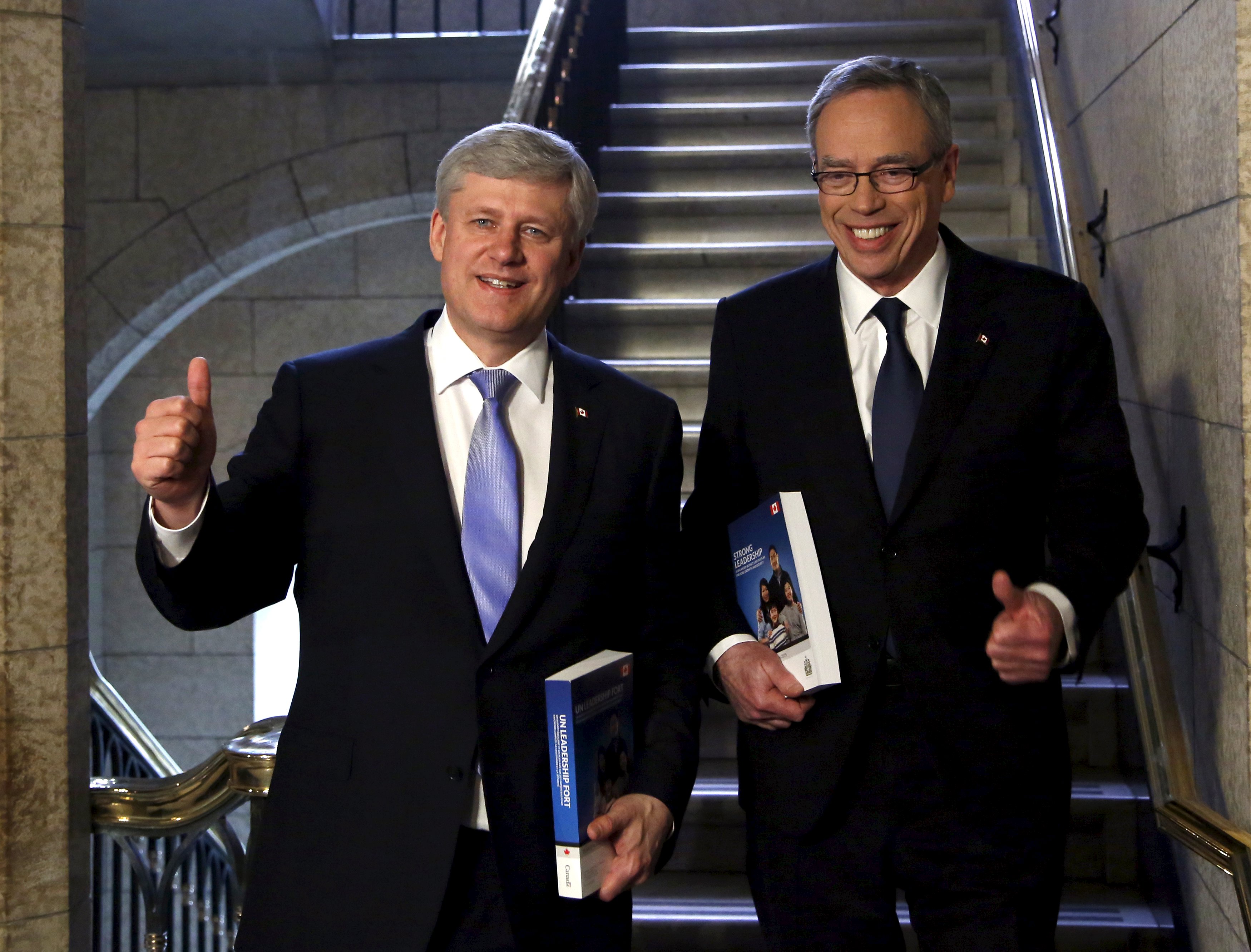
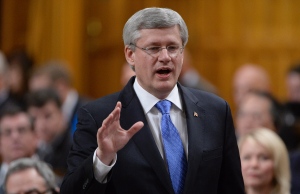
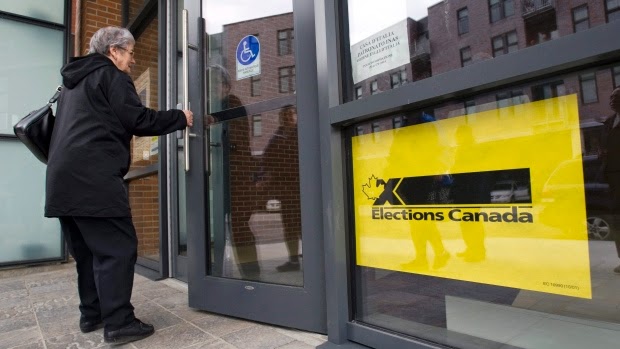
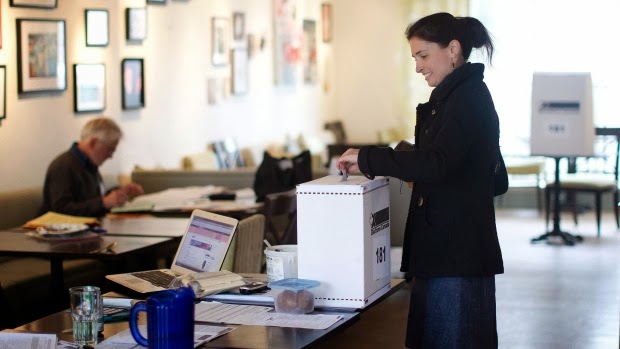
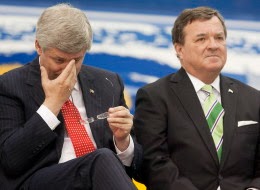
 Share articles about Election
Share articles about Election